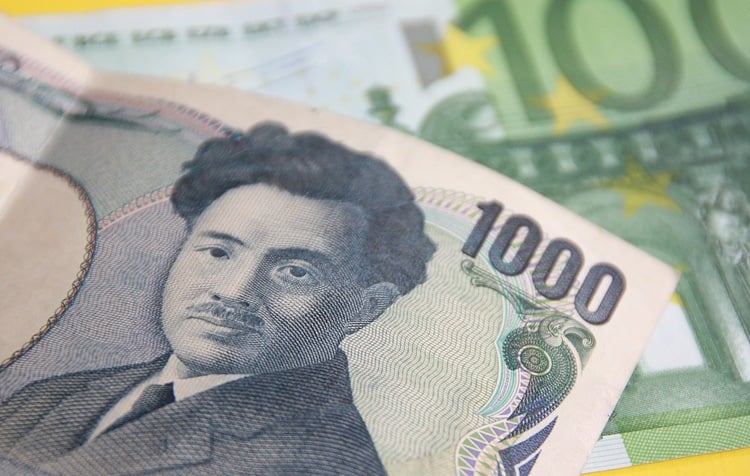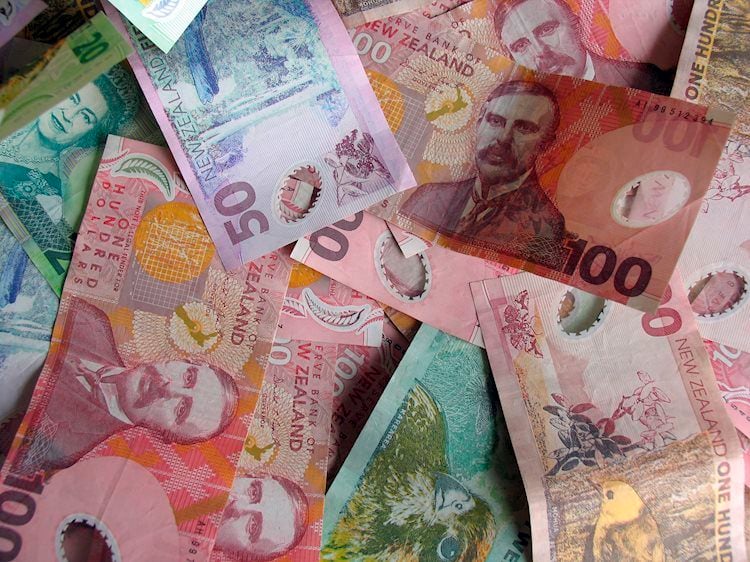FINTWIT TRENDSU.S. has been added to the list. Both the US and China have imposed sanctions on Chinese technology companies. Could dropping US Treasury yields be a forerunner to a new COVID-19 spike? Market anxiety is being exacerbated by ongoing talks between OPEC+ countries.
Advertisement
THE CHINESE BAN ON DIDI MAY HAVE CONTAGION EFFECTS ON GLOBAL STOCK MARKETSUS-
Tensions between China and the United States are reviving as both countries harm Chinese companies, particularly those listed on the New York Stock Exchange and those with claimed military and/or surveillance technology ties. On June 3, President Joe Biden signed an order restricting US participation in many Chinese firms, causing havoc with index listings around the world as many publishers plan to alter their issuances to remove those Chinese companies. DiDi (DIDI), the Chinese equivalent of Uber, which recently floated on the NYSE, has been making headlines this week. Unfortunately, the Chinese Cyberspace Administration (CAC) placed the company under review last Friday, along with a ban on onboarding new members. Following an order from the Chinese government to crack down on giant technological businesses, the restriction has been extended to a withdrawal of the transportation service from the app store, citing claims of misuse of client information. RECENT BROADBASED DECLINE OF CHINESE COMPANIES IN THE UNITED STATESChart created by Warren Venketas, Refinitiv Following the Chinese and US announcements, the chart above shows a dip in U.S. listed Chinese corporations “with major exposures to the Chinese economy” (Source: NYSE.com). DiDi’s precipitous slide is not unique; other peer listings are also suffering from the same fate (Alibaba, Baidu etc.). Communication between the US and China will be critical in the future to avoid another spat between the two superpowers, as their actions have global ramifications. FALLING TEN-YEAR TREASURY YIELDS IN THE US MAY CONTINUE AS GLOBAL COVID-19 CASES INCREASE. The COVID-19 epidemic is beginning to sneak into analysts’ heads since the recent decline in US government yields could be a recurrence of the initial drop seen towards the end of 2019. (see chart below – white). As the Delta strain of the virus spreads over the world, new cases are steadily growing (orange), causing policymakers to be concerned. If this cannot be contained, a risk-off approach may be adopted, resulting in a rush to US treasuries and, as a result, a drop in rates. This is concerning because vaccine rollouts are underway in the majority of countries, with developed countries on the verge of achieving ‘herd immunity.’ Despite this, fresh examples are emerging, potentially resulting in more lockdowns affecting markets around the world. Taper talk is also a hot topic in financial circles, since it might support decreasing rates if the US cuts back on asset purchases in the near future. The Federal Reserve will keep a close eye on the situation in order to make the best judgment possible without causing market jitters. GLOBAL COVID-19 (NEW CASES) VS. US 10-YEAR TREASURY YIELDChart courtesy of Warren Venketas, Refinitiv THE CRUDE OIL COIN HAS TWO SIDES: FLOP OR FLY? The Organization of Petroleum Exporting Countries (OPEC) plus Russia (OPEC+) has been in a stalemate this week, with the UAE blocking efforts by the alliance to extend output limitations until the end of 2022. This could lead to one of two possible outcomes: If no agreement is reached, member countries will compete for supply dominance, causing crude oil prices to plummet. The UAE has agreed to a restricted output extension, which could help to maintain the current crude oil price increase. Warren Venketas, IG WEEKLY BRENT CRUDE CHARTChart developed by Warren Venketas, IG WEEKLY BRENT CRUDE CHARTChart prepared by Warren Venketas, In our newly redesigned Commodities Module, learn more about Crude Oil Trading Strategies and Tips! The graph above depicts OPEC+’s two significantly different outcomes, both of which have huge implications for world markets. The graph above illustrates how far-reaching the choice for crude oil prices might be, with ramifications for global manufacturing and other sectors. Russia is said to be working as a go-between with the UAE in order to reach an agreement. This decision is critical, particularly in light of the present economic climate, so keep up with the newest crude oil news at DailyFX.com. —- Warren Venketas contributed this article to DailyFX.com. Warren Venketas may be reached at @WVenketas on Twitter./n
Read More



